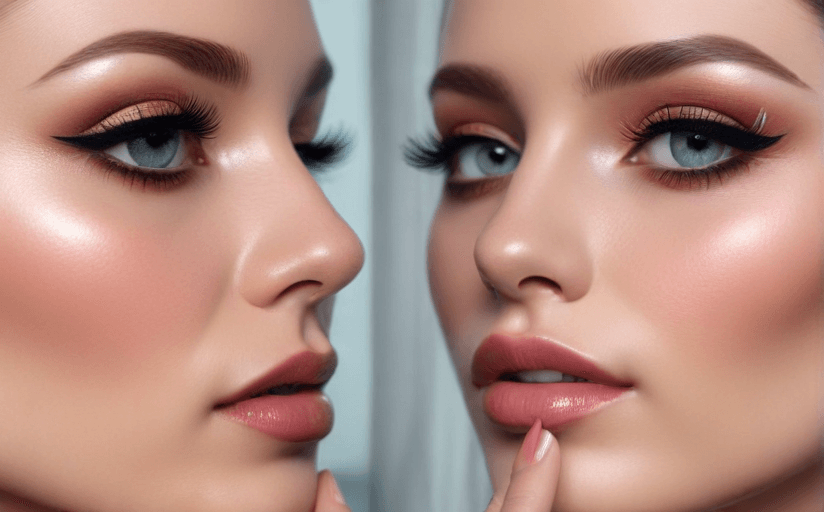The Influence of Artificial Intelligence on the Beauty and Personal Care Industry
Artificial Intelligence (AI) is becoming prevalent in numerous industries, including beauty and personal care. It plays a pivotal role in virtually all aspects of the industry, influencing the way products are developed, marketed, and sold. Its wide-reaching influence has reshaped the industry, sometimes overwhelmingly positively, and in other instances negatively. This article discusses the impacts of AI on the beauty and personal care industry, presents the current trends and statistical data, and offers expert opinions and case studies.
Artificial Intelligence in Product Development
AI is revolutionizing the product development phase with predictive algorithms, data analysis, and trend identification, enabling companies to create products that satisfy consumer needs more accurately and quickly. A striking example of this in practice is L'Oreal's AI-powered Perso system, which offers custom-made beauty products by analyzing user's skin conditions and environmental factors.
Personalized Recommendations and Targeted Marketing
AI-powered algorithms are now capable of understanding customer preferences, buying behavior, and even identifying potential purchasing patterns. Companies like Sephora and Ulta beauty have leveraged this technology to provide personalized recommendations to their customers, improving their shopping experience and increasing sales conversion. Furthermore, AI enables targeted marketing, helping businesses deliver relevant promotions to potential buyers.
Improved Customer Service through AI Chatbots
AI is also ameliorating customer service through smart chatbots. By simulating human interaction, these chatbots are capable of handling customer queries 24/7, providing real-time responses, and offering personalized solutions. According to Invespcro.com, businesses that use chatbots for customer service have seen a 67% increase in customer satisfaction rates.
The Positive and Negative Impacts of AI
AI advancements have brought about both positive and negative impacts in the beauty and personal care industry. On the one hand, they provide precision, efficiency, and personalization. On the other hand, there are concerns about privacy issues and the potential of AI to replace human jobs. According to a survey by PWC, while 63% of people appreciate AI for the ease it brings to their lives, 72% fear that AI will encroach upon their privacy.
The Future of AI in the Beauty and Personal Care Industry
The intersection of AI and beauty is poised for further growth and development. According to Grand View Research, the global AI in the fashion and beauty market is expected to reach $1.2 billion by 2027. This projection paints a bright future for AI in the beauty industry, with further enhancements in personalized experiences, predictive analysis, and intelligent automation.
Conclusion
The integration of AI within the beauty and personal care industry has undeniably led to transformative effects. As AI continues to evolve and grow, businesses should take advantage and harness its power wisely, while also mitigating its potential negative impacts.


















Comments
Leave a Comment